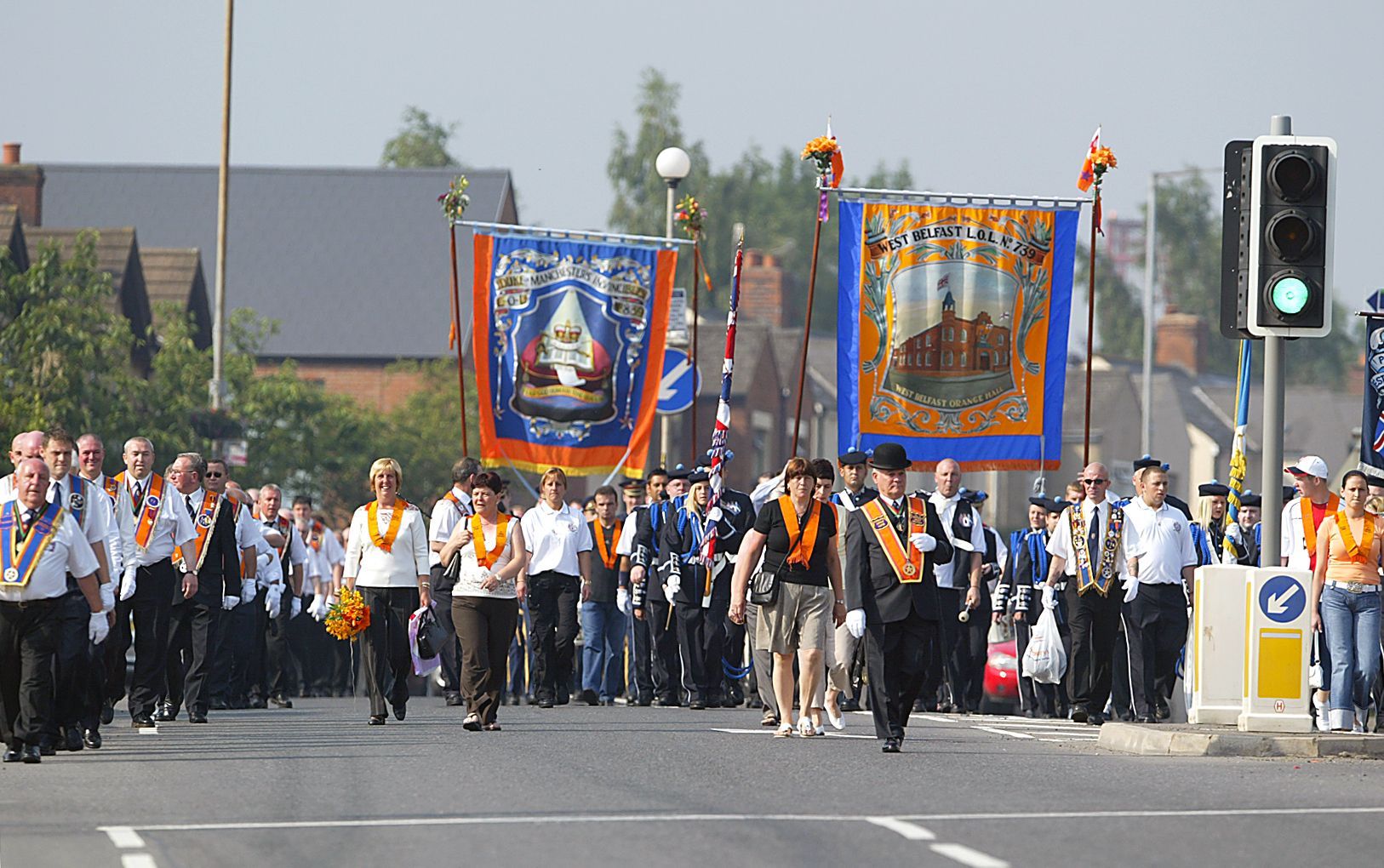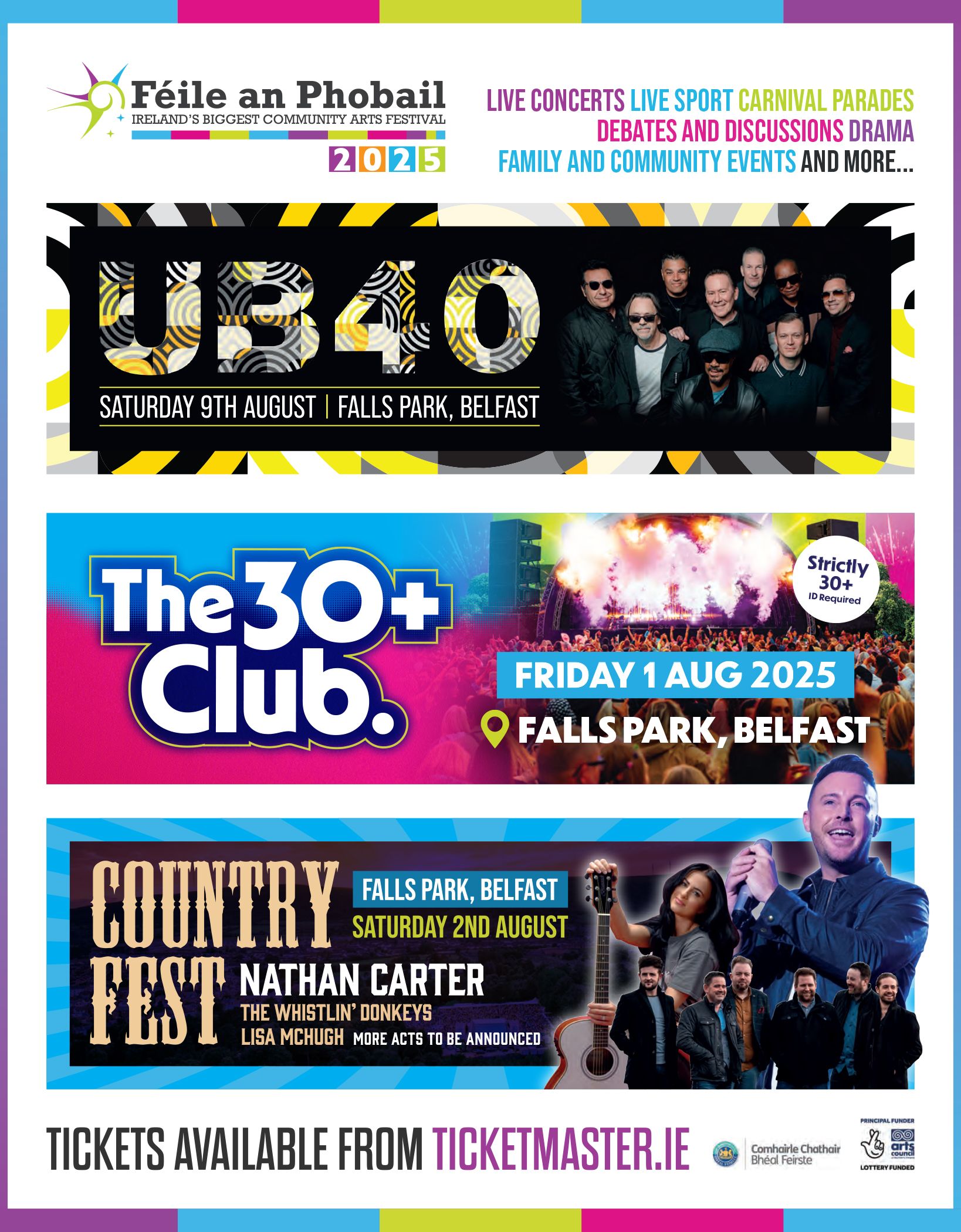In an unstable, unpredictable world, now more than ever, former safe certainties are facing a harsh political reckoning.
In Europe, Brexit and multi-culturalism has done more than just redraw trade routes and border protocols— within the UK, a harsh light has again been cast upon the constitutional foundations of the Union. With Prime Minister Starmer suggesting an "island of strangers", there’s a growing sense that the old arrangements are no longer fit for purpose.
In Northern Ireland, the sense of instability is as always, acute. Unionists, noting a potential swing to the Populist Reform party in the UK, now feel increasingly uncertain.
But rather than meeting these challenges with imagination, Unionist leadership has largely retreated into defensive postures—clinging to a constitutional status quo that can no longer be taken for granted. Being open to a dialogue on constitutional review (even if only to subsequently reject it) is now pivotal for unionism.
It’s time to stop asserting that Irishness must always be Catholic, Gaelic, and Republican. Unionists have their own rich traditions, many of them rooted deeply in Irish soil.
Meanwhile, nationalism has grown louder in its calls for unity. Yet these calls often ring hollow. Nationalists speak of inevitable reunification, but without meaningfully acknowledging the fears or realities of those they hope to include. There’s little vison regarding the need to create a truly shared Irish society.
Simply put, the Republic as it currently exists is not ready to absorb the North—not culturally, economically, politically, or constitutionally.
What’s needed now is not more tribal shouting, but a bold reimagining of what it means to be Irish, British, or indeed, Northern Irish. The Good Friday Agreement made space for dual identities—why not now take the next step and formally recognise “Northern Irish” as a cultural/political/civic identity in its own right?
It’s time to stop asserting that Irishness must always be Catholic, Gaelic, and Republican. Unionists have their own rich traditions, many of them rooted deeply in Irish soil. Likewise, nationalists in the North have been shaped by British institutions—from the NHS to the BBC. A new Ireland -with special dispensations for the six (or possibly nine) counties of Ulster- must reflect this shared history.
This is where federalism could offer a way forward. Imagine a united Ireland that includes strong regional autonomy for Ulster, protects British cultural rights, and offers dual citizenship. Unionists could participate fully in shaping a new state, not as a minority absorbed into the South, but as equals in a radically restructured republic.
But to advance this discussion, Nationalists of all hues (and southern partitionists in particular) will have some bitter medicine to swallow, concerning the need to revisit long-held symbols and assumptions. A new flag, a new anthem and a new constitution should all be up for discussion. If unity is the goal, it cannot come through assimilation but through transformation.
Not today or tomorrow but sooner than many may think, we may find ourselves at a crossroads. The national question - always petrified for fear of igniting former enmities - now demands honest engagement. If we are to build something new, we must do so not with old dogmas but with creativity, humility and political courage.

Dr Thomas Paul Burgess (above) was born on the Shankill Road in Belfast. He is a published academic, novelist and songwriter/musician and has achieved commercial and critical success through the release of three albums, two novels and a number of academic books. As a senior university academic, he has trained community activists and youth workers for over 30 years. He is Associate Professor (Emeritus) at University College Cork and his most recent book is a memoir, ‘Wild Colonial Boys; A Belfast Punk Story’ (2024) Manchester University Press.




